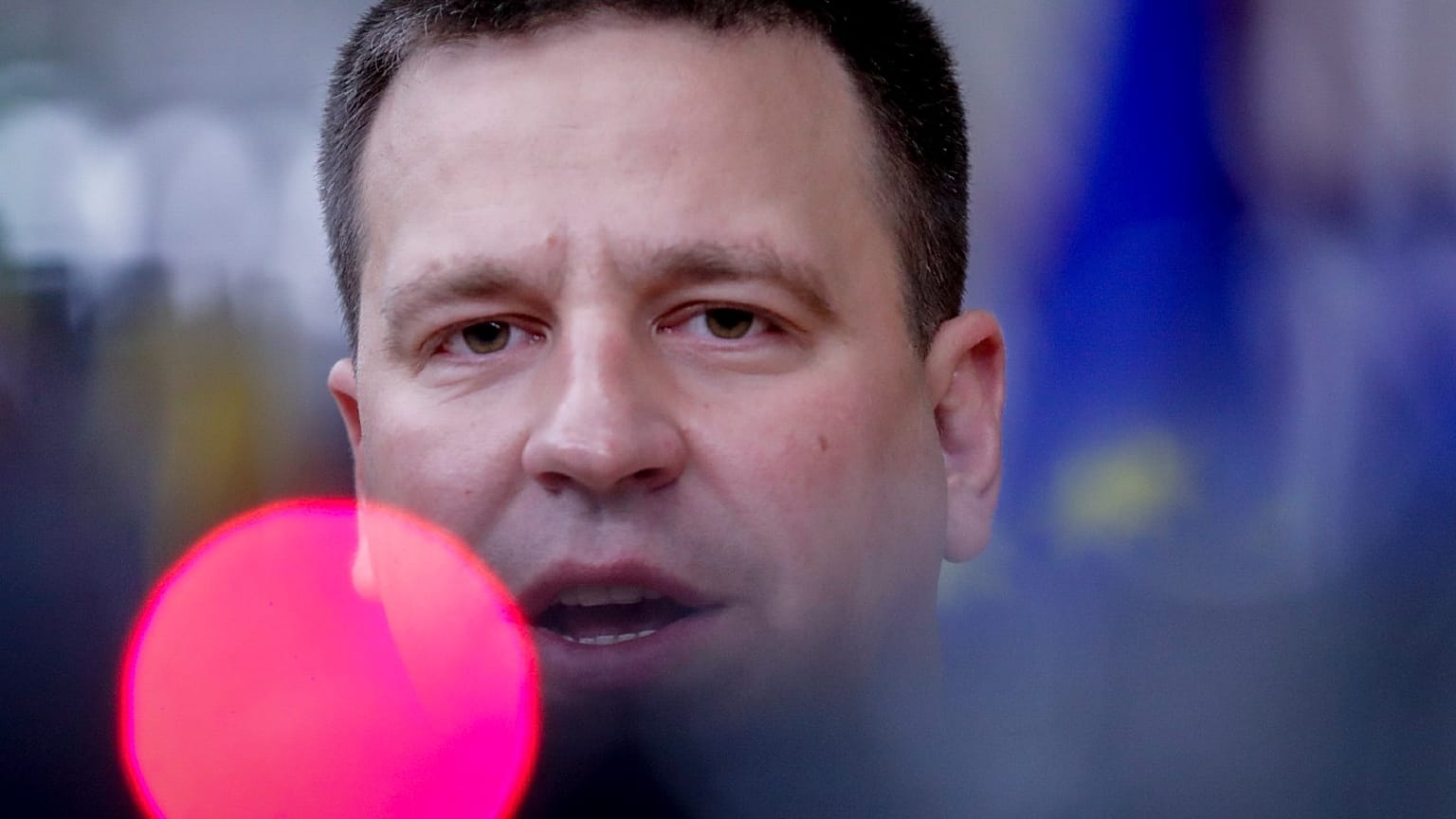Jüri Ratas, president of Estonia's parliament, said "systematic and massive war crimes have been committed against the people of Ukraine".
Estonia has become one of the first countries in the EU to label Russia's actions in Ukraine as genocide.
The country's parliament, the Riigikogu, voted in favour on Thursday of recognising Russia's war as a "genocide against the Ukrainian people", calling on other governments and international organisations to "do the same."
In a tweet, Estonia's ambassador to Ukraine, Mariana Betsa, described the move as "a truly historic decision".
"Russia must bear full responsibility for its horrible crimes," she added.
Genocide is defined in international law as the targetted killing of people from a particular national, ethnic, racial or religious group, with the intention of destroying that group.
Ukrainian forces say they have found mass graves and evidence of civilians who have been shot with their feet and hands bound, while investigators claim to have evidence of what appears to be the deliberate killing of civilians in Bucha, a town on the outskirts of Kyiv.
Russia disputes these claims and repeatedly denies it has not targeted civilians in Ukraine.
Latvia echoed Estonia's declaration on Wednesday afternoon, also recognising Russia's actions in Ukraine as a "genocide."
In a statement, Jüri Ratas, president of Estonia's parliament, said that "systematic and massive war crimes have been committed against the people of Ukraine by the Armed Forces of the Russian Federation".
"These crimes are ideologically incited by the political and military leadership of the Russian Federation and its national propaganda authorities," he added.
Ratas went on to claim that "acts of genocide" had been committed against civilian populations in the "towns of Bucha, Borodianka, Hostomel, Irpin, Mariupol, and many other Ukrainian settlements.
He continued: "These have consisted of murders, enforced disappearances, deportations, imprisonment, torture, rape, and desecration of corpses."
The statement ended with a call for "national parliaments and international organisations to recognise the crimes committed" by Russia and "immediately strengthen[ing]" the sanctions against Russia.
"[The Riigikogu] Expresses deep respect to the Ukrainian nation in their fight for freedom, commemorates the fallen and mourns the victims," Ratas added.
At Thursday's sitting, the Estonian Parliament also approved a bill banning the use of symbols that support acts of aggression by foreign states.
Under the new legislation, individuals caught publically exhibiting symbols connected with acts of "aggression, genocide, a crime against humanity or war crimes" by foreign states are punishable by fines of up to €32,000 ($34,800).
This follows a recent ban by fellow Baltic state Lithuania on using the letter Z and other symbols seen as expressing support for Russia's invasion of Ukraine.















